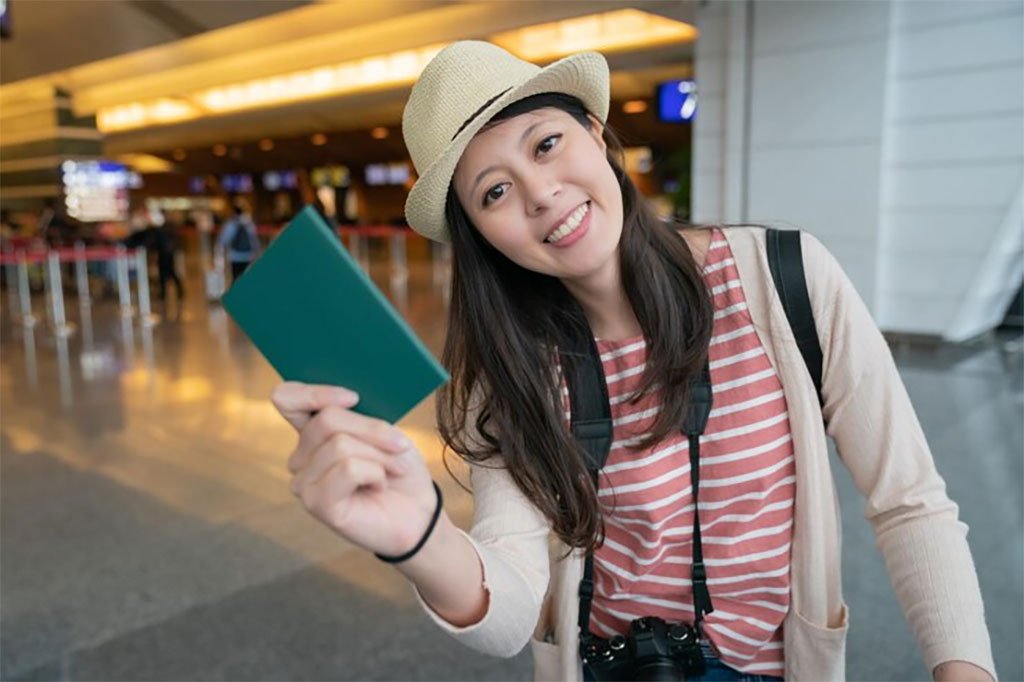Bali, Indonesia, continues to captivate travelers worldwide with its stunning landscapes, rich culture, and vibrant atmosphere. However, to ensure a smooth and enjoyable visit, it’s crucial to stay informed about the latest visa and entry requirements. This comprehensive guide outlines the essential information you need to know before embarking on your Balinese adventure in 2025.
1. Passport Validity and Entry Essentials
Before planning your trip to Bali, ensure your passport meets the following criteria:
- Validity: Your passport must be valid for at least six months from your intended date of arrival in Indonesia.
- Return or Onward Ticket: Travelers are required to possess a return or onward ticket. Immigration authorities may request this upon arrival.
- Sufficient Funds: While not always checked, it’s advisable to have proof of sufficient funds to cover your stay.
2. Visa on Arrival (VoA) for Eligible Countries
Indonesia offers a Visa on Arrival (VoA) for citizens of several countries, including the United States, Australia, the United Kingdom, and most European Union nations. Key details include:
- Duration: The VoA allows a stay of up to 30 days.
- Extension: It can be extended once for an additional 30 days.
- Cost: The fee is IDR 500,000 (approximately USD 35).
- Payment: Payment can be made upon arrival or through the official e-VoA portal.
3. Electronic Customs Declaration (e-CD)
To expedite your entry process, complete the Electronic Customs Declaration (e-CD) before your arrival:
- Submission Window: Complete the form within three days before your arrival.
- Family Declaration: One declaration can be submitted for all family members traveling together.
- QR Code: After submission, you’ll receive a QR code to present at customs.
4. SATUSEHAT Health Pass Requirement
In response to global health concerns, Indonesia mandates the completion of the SATUSEHAT Health Pass:
- Purpose: To monitor and prevent the spread of infectious diseases.
- Submission: Complete the form online within two days before your arrival.
- QR Code: A QR code will be generated upon completion; have it ready for inspection upon arrival.
5. Bali Tourism Levy (IDR 150,000)
To promote sustainable tourism, Bali has introduced a tourism levy:
- Amount: IDR 150,000 (approximately USD 10).
- Payment Methods: Pay online via the Love Bali website or at designated counters at the airport.
- Requirement: All international visitors must pay this levy.
6. Prohibited Items and Customs Regulations
Familiarize yourself with Indonesia’s customs regulations to avoid complications:
- Prohibited Items: Drugs, narcotics, certain food items, plants, and animals.
- Duty-Free Allowance: Alcohol: Up to 1 liter per person.
- Gifts: Valued up to USD 250 per person or USD 1,000 per family.
7. Health and Safety Precautions
While COVID-19 vaccination is no longer mandatory, it’s advisable to stay updated on health requirements:
- Routine Vaccinations: Ensure you’re up-to-date on routine vaccinations such as Measles-Mumps-Rubella (MMR), Diphtheria-Tetanus-Pertussis, and Influenza.
- Travel-Specific Vaccines: Consider vaccines for Hepatitis A and B, Typhoid, and Japanese Encephalitis, especially if visiting rural areas.
- Travel Insurance: Having comprehensive medical insurance is strongly recommended for all travelers visiting Bali.
8. Respecting Local Customs and Regulations
Bali emphasizes cultural sensitivity and responsible tourism:
- Dress Code: Wear modest clothing when visiting temples and religious sites.
- Behavior: Avoid public displays of affection, loud behavior, and disrespectful actions.
- Sacred Sites: Certain areas may have restrictions; adhere to local guidelines.
9. Transportation and Licensing
If you plan to drive or rent a vehicle in Bali:
- International Driving Permit (IDP): Required for renting and operating motor vehicles.
- Local Traffic Laws: Familiarize yourself with and adhere to local traffic regulations.
10. Emergency Contacts and Assistance
In case of emergencies or assistance needs:
- Tourist Police: Contact the Bali Tourist Police for issues related to tourism.
- Embassy Assistance: Reach out to your country’s embassy or consulate for consular services.










Join The Discussion